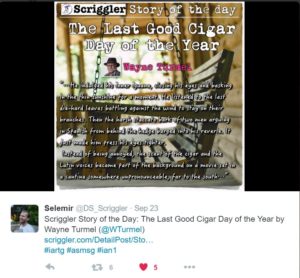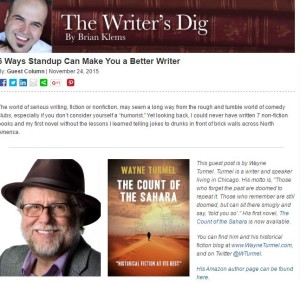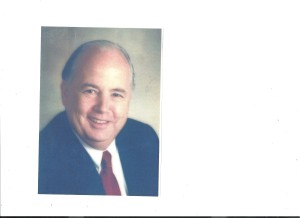Normally if you make someone cry, it’s because you’re a terrible human being and have done something awful to that person. Last week I made a couple of people tear up and got a couple of audible sobs. It felt great. Like really good. Yay me.
Okay, this probably requires some explanation.
As a writer, we hope to elicit emotional responses from our readers. We want them to laugh, gasp, get excited, or otherwise go on the emotional journey our characters are on. Is Lucca going to survive? Will Johnny beat the bear-shifter and make it out of Las Vegas (plug for book 2 there. Pay attention.) The problem is that the very fact they are reading means we aren’t with them when they consume our product.
Most of you know, and are tired of me saying, that I spent over 15 years as a standup comedian. For anyone who has ever stood on a stage, you understand the addicting nature of that art form. You write something, perform it in front of a live audience, and get an immediate response. Hopefully, they laugh. Maybe they chuckle, but not the roar you expected, so you need to tinker with that joke in the future. Maybe they get up and slap you on national television. Either way, there’s instant feedback on if that piece was any good or not.

I would give credit if I knew who said it, but somebody once wrote that “writing novels is like telling a joke and waiting a year for the laugh.” It’s true. While I hope my audience responds to what I create, you seldom really know. Maybe you get a good review. Once in a blue moon, I get an email or Twitter message from someone who enjoyed my work. (I can’t suggest doing this strongly enough. On any given day a writer may need validation. Trust me.) Mostly, I topple the tree in the forest and hope someone hears it fall.
So what happened the other day? How did I make someone cry and enjoy it?
A few months ago, I channeled one of the saddest moments of my life into a Flash Fiction Piece called, “A Simple Purse.” It meant a lot to me. In the interest of transparency, it captures a moment more than 35 years ago when my mother passed away. I watched my father have to clean out her handbag for the last time. It’s the only time during that ordeal I ever saw him lose it. I’ve waited all this time for a way to tell that story and do it justice.
The piece got rejection after rejection, and I thought I was the only one who was moved by it. Finally, it was picked up by 300 Days of Sun, a litmag at Nevada State College. (Go Scorpions) Okay, not the Paris Review, but maybe someone actually liked my sad little tale. That brings us to Tuesday night.
To launch the 2022 edition of the publication, I was invited to read on a Zoom call with over a dozen talented writers (mostly poets, which is intimdating as hell. Anything more complex than a dirty limerick is outside my wheelhouse.)
The reading was in alphabetical order. When your first name is a “W” and last name is a “T” you’re used to waiting your turn. I was blessed to hear some very moving, creative, and angst-ridden work. Then it was my turn.
It was a Zoom call, not a typical literary event. I was looking at a bunch of tiny boxes with faces in them. I ignored them and began reading my story from a piece of paper in front of me. Out my voice went into the void, and it was met with silence, as expected. Then I heard something unexpected.
Everyone was supposed to have their microphones muted, but I heard a distinctly audible sniff. Then another one. I looked at the screen and saw two people wiping their eyes, and they weren’t the sniffers. There was a long pause.
Then Heather, the Editor and Faculty Advisor (blessings upon all who take that job on, especially in schools) thanked me. She also told me a little about how the staff reacted when reading my submission, and how they’d hoped my story wouldn’t get picked up anywhere else so they could publish it.
My little flash story, which I doubted anyone else would understand, made grown-ass people cry. 565 of my words moved them.
This may sound ridiculous, but this was one of the most validating moments of my writing career. I have published a lot of work in my time, and most of it just goes out into the void. An unpaid piece in an obscure literary magazine I only found through Submittable reminded me my words matter. They can move people. They are important to someone besides me.
Support your local lit mags and the writers who contribute to them. Let people know you like their work. Just saying.

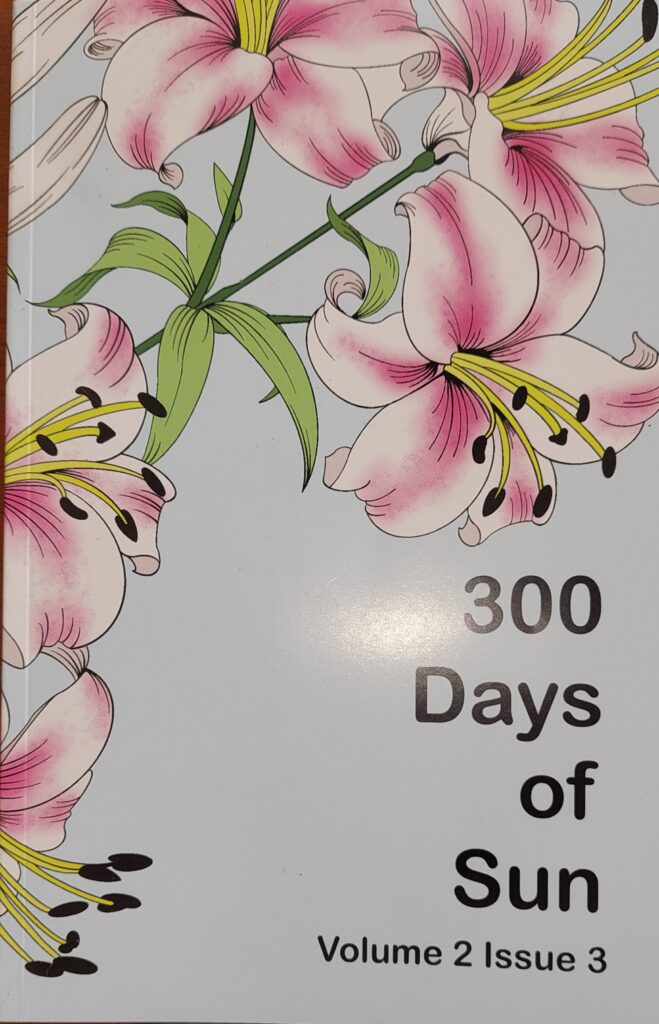





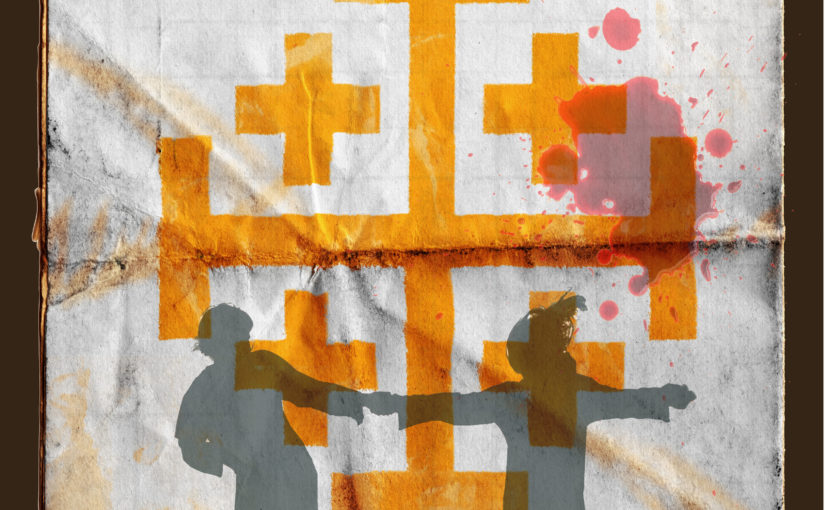





 The final entry is a story I love and have never found a home for. Also history-based, “Los Angeles, 1952” is a tale of boxing, old Hollywood and a first date that may or may not be going well. The only place it has a home is on
The final entry is a story I love and have never found a home for. Also history-based, “Los Angeles, 1952” is a tale of boxing, old Hollywood and a first date that may or may not be going well. The only place it has a home is on 


